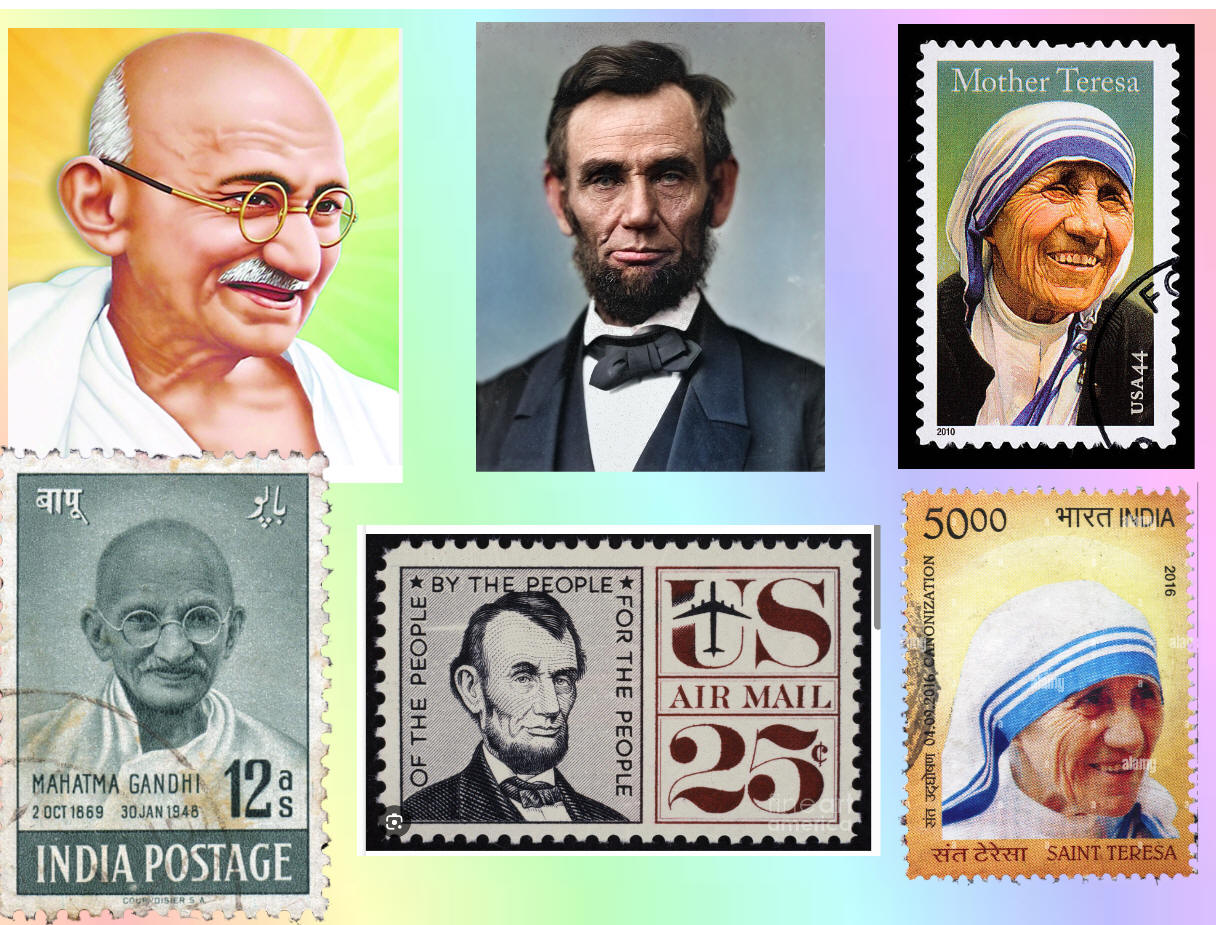The idiom "actions speak louder than words" is a widely acknowledged principle emphasizing the superiority of deeds over verbal expressions. It suggests that genuine commitment, courage, and progress are demonstrated through actions rather than mere discussions. This adage encourages embodying one's beliefs through tangible efforts, highlighting that actions reveal true character and build trust and respect in relationships. Originating from a sermon by St. Anthony of Padua in 1200, this concept has been echoed by notable figures like Benjamin Franklin and Mark Twain. It serves as a call to action, advocating for meaningful engagement over empty promises. The phrase is applicable in various contexts, such as highlighting hypocrisy, recognizing unsung good deeds, and advocating for a proactive approach to life. Synonymous idioms include "You are what you do" and "Less talking, more doing," further underscoring the message that real impact is achieved through action, not just words.
External source: Cognate statements/Proverbs/Adage
• “Don’t tell me what you value, show me your budget.”
• —Joe Biden (b. 1942), 46th President of the United States
• “Action speaks louder than words, but not nearly as often.”
• —Mark Twain (1835–1910), American writer and entrepreneur
• “Well done is better than well said.”
• — Benjamin Franklin (1706–1790), American scientist and politician
• “Saying is one thing, and doing is another.”
• —Michel de Montaigne (1533–1592), French philosopher
• “Words are from the lips, actions are from the heart.”
• —Rashida Costa, Jamaican-American author and actress
• “The superior man acts before he speaks, and afterwards speaks according to his actions.”
• — Confucius (551–479 BCE), Chinese philosopher
• “A promise is a cloud; fulfillment is rain.”
• —Arabian proverb
• “Do not be wise in words. Be wise in deeds.”
• —Jewish proverb

Abraham Lincoln, the 16th President of the United States, serves as another exemplary figure whose actions spoke volumes. His tenure was marked by the immense challenges of the American Civil War and the quest to abolish slavery. Lincoln's issuance of the Emancipation Proclamation and his efforts to preserve the Union were pivotal actions that not only shaped the course of American history but also underscored his belief in equality and democracy. His humility, humanity, and ability to learn from mistakes further distinguished his leadership, making his contributions enduring symbols of courage and integrity.
Mahatma Gandhi's role in achieving Indian independence is a testament to the power of determined and peaceful action. His strategic use of non-violent resistance, including civil disobedience, non-cooperation, and numerous hunger strikes, challenged and eventually led to the dismantling of British colonial rule in India. Gandhi's leadership in the Salt March of 1930, for example, was a pivotal moment that galvanized Indian and international support against British salt taxes, symbolizing the broader struggle for independence. Through his actions, Gandhi not only contributed significantly to India's freedom but also established a global legacy of non-violent protest that continues to inspire civil rights movements around the world.
Mother Teresa's selfless service to the marginalized and destitute in Kolkata and beyond was the cornerstone of her life's work, which earned her the Nobel Peace Prize in 1979. Her founding of the Missionaries of Charity in 1950 marked the beginning of a global humanitarian effort to alleviate suffering and provide care for the sick, the orphaned, and the dying. Through initiatives like the establishment of the Kalighat Home for the Dying, Mother Teresa offered dignity and compassion to those often ignored by society. Her unwavering commitment to charity, coupled with her advocacy for peace and the sanctity of life, resonated worldwide, leading to her recognition with the Nobel Prize. This honor not only acknowledged her profound impact on the lives of countless individuals but also highlighted the significance of compassionate action in addressing the world's most pressing humanitarian challenges.
Both Gandhi and Mother Teresa exemplified how dedicated action towards noble causes can effectuate significant change and garner global recognition. Their lives underscore the enduring truth that meaningful actions, rooted in conviction and compassion, speak volumes, and can lead to monumental achievements such as national independence and international accolades like the Nobel Peace Prize. Their legacies continue to inspire individuals to embrace the power of action in pursuit of justice, peace, and humanitarianism.